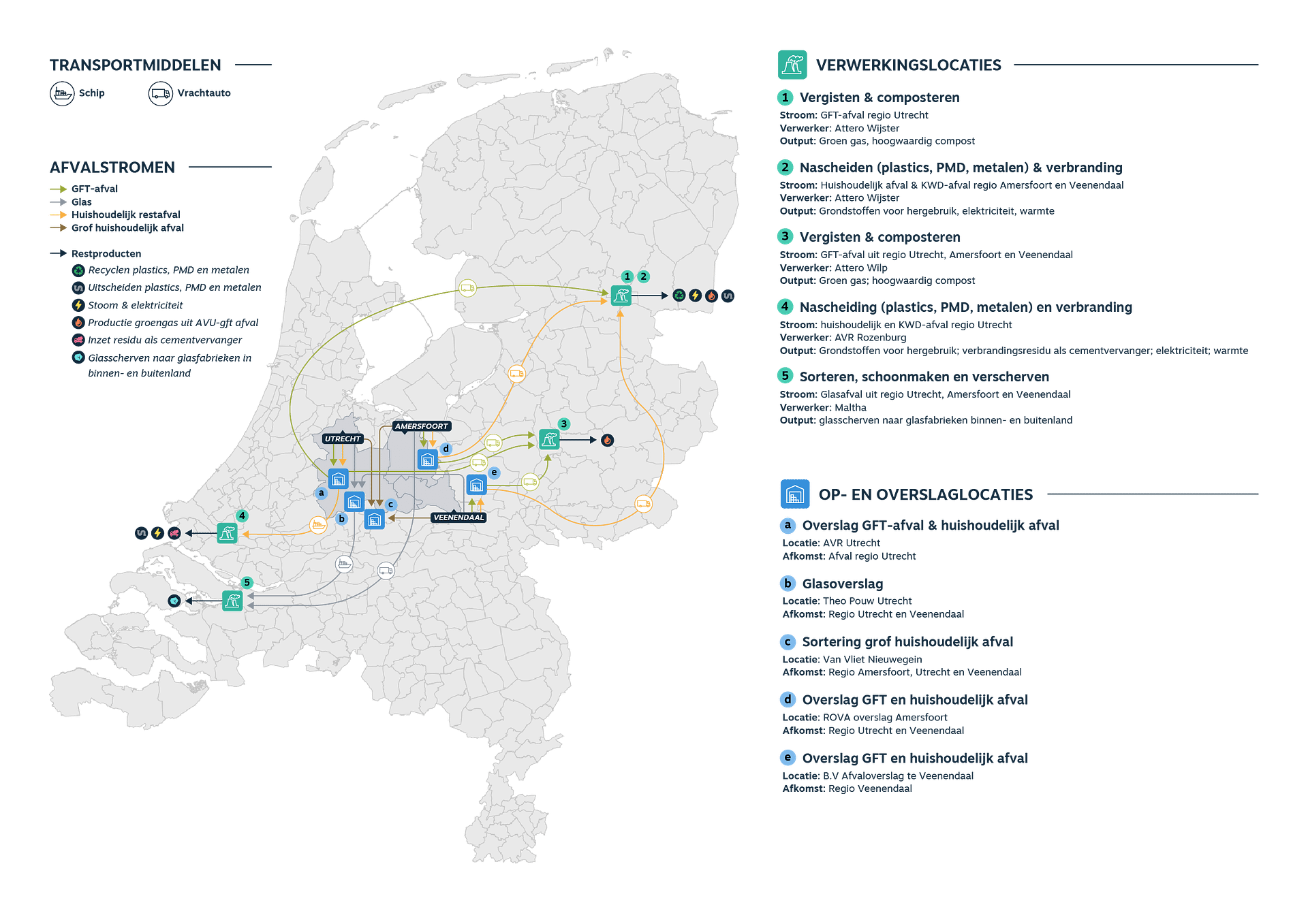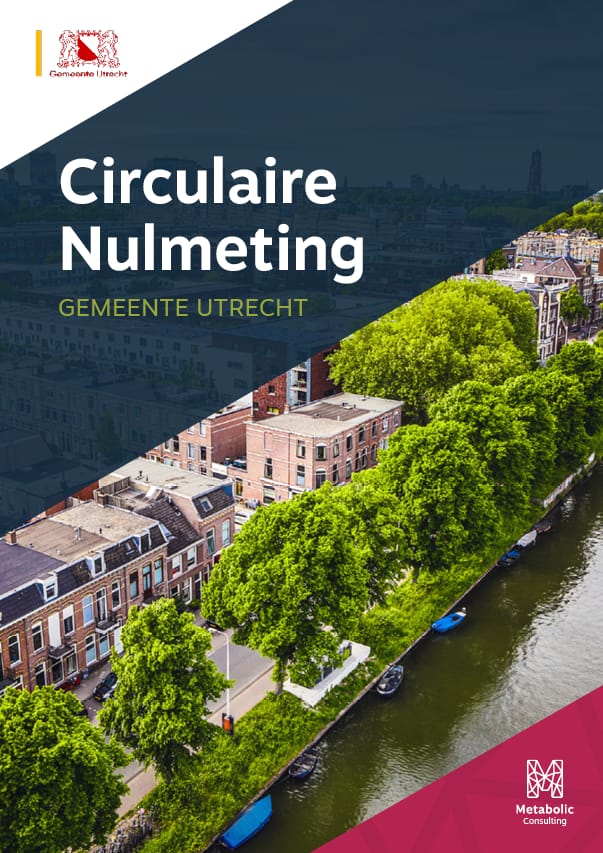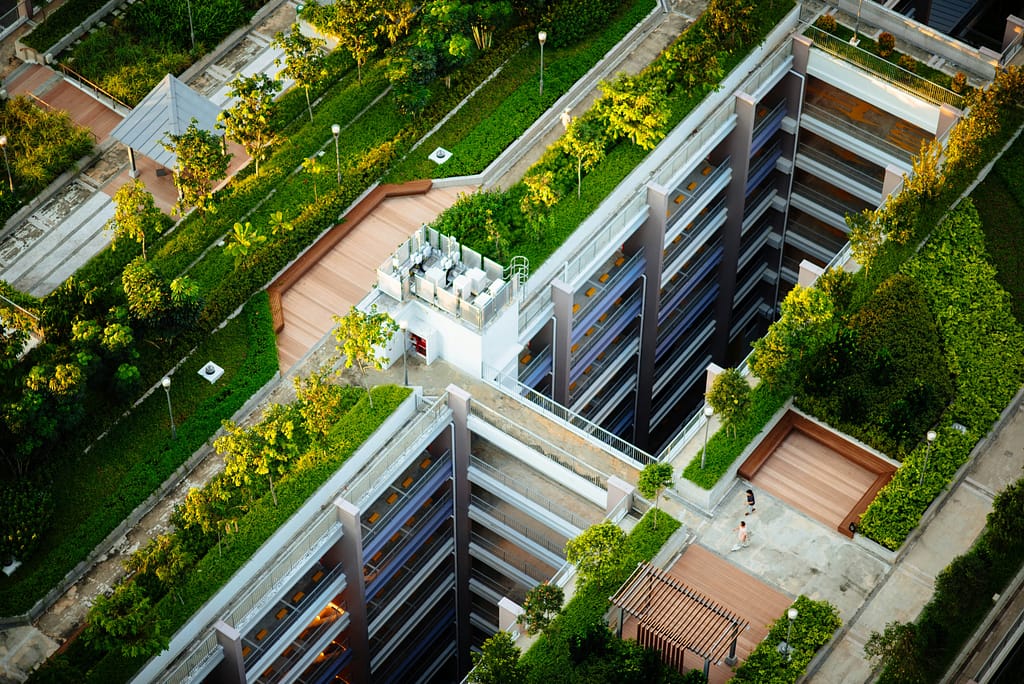Resource Consumption and Circular Businesses in Utrecht
Assessing Material Flows and opportunities in Utrecht's Circular Economy.
Utrecht aims to be fully circular by 2050. Metabolic mapped all material flows in Utrecht municipality and province, revealing which sectors use the most resources. The Material Flow Analysis (MFA) provides detailed insights, enabling effective promotion of a circular economy and sustainable entrepreneurship.
- Client: Municipality of Utrecht
- Partner: n.a.
- Date: 2023
Urban regions are crucial for a circular transition
Our economy is surpassing planetary limits and neglecting societal needs. Urgent action is needed to transition to a sustainable system. Cities are major consumers of resources and producers of waste. At the same time, people and businesses in cities have the capacity to innovate and drive transformative change. Therefore, cities play a central role in shifting from a linear system to a circular one. The municipality of Utrecht asked us to conduct a baseline assessment to identify where they could make the most impact in the transition to a circular economy.
Material Flow Analysis in the region of Utrecht
For this project, Metabolic mapped all material flows in the municipality and province of Utrecht. By collaborating closely with local and regional parties, we created a comprehensive overview of Utrecht’s economy. The Material Flow Analysis (MFA) provides detailed insights into the materials circulating within the economy, highlighting which sectors and value chains use the most resources. Additionally, we defined crucial business activities from a circular economy perspective and assessed the current waste flows spatially. This approach identified opportunities to create space for the circular economy in the city.
Key-sectors identified as a basis for concerted action
Our analysis identifies areas where the municipality can act to facilitate the transition to a circular economy by 2050. Key sectors include recycling, construction, and healthcare. By keeping the value of resources and materials in these sectors within closed loops, the region reduces its dependence on raw materials from elsewhere. The MFA also serves as a foundation for the Vision Utrecht Circular 2050. By defining crucial business activities from a circular economy perspective, the city can ensure sufficient space is available for realizing the circular economy.












